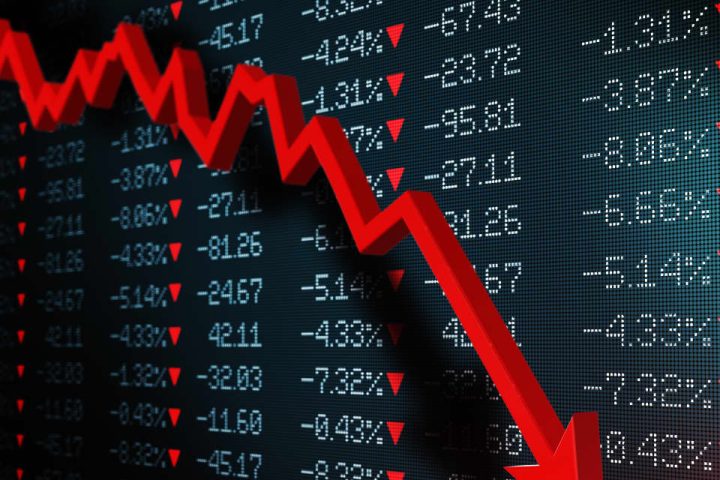Welcome back to Distributed Ledger. This is Frances Yue, crypto and markets reporter at MarketWatch.
For this installment, I caught up with Eric Chen, chief executive and co-founder at Injective Labs, which runs a decentralized finance platform.
The correlation between bitcoin and U.S. stocks went down last year, but may pick up again as bitcoin ETFs attract more traditional financial institutions into the crypto space, according to Chen.
Find me on X at @FrancesYue_ to share any thoughts on crypto or the newsletter.
Bitcoin-stocks correlation
Bitcoin and U.S. stocks often moved in tandem from 2020 to 2022, as some financial institutions traded the crypto a manner akin to growth stocks. Last year, the correlation went down, after several bankruptcies in the crypto space in 2022 brushed some speculators off from the space.
However, the correlation between stocks and crypto is likely to pick up again, as bitcoin ETFs bring more institutions into market, Chen said in a call. Such institutions are likely to trade the crypto as a risk-on asset, according to Chen. Risk-on assets refers to those, such as stocks, that carry a higher amount of risk but may also yield higher returns.
“Once the overall crypto space reaches a certain level of value, it naturally becomes part of the portfolio of some large funds,” who may trade crypto like stocks, noted Chen.
Victoria Bills, chief investment strategist at Banrion Capital Management, echoed the point. As bitcoin ETFs attract more inflows, bitcoin’s moves could be “tied more to the Wall Street,” she said in a phone interview.
Still, bitcoin has outperformed stocks so far this year. The crypto rose 17% year to date, while the S&P 500 gained 4.8% during the same period, according to FactSet data.
Bitcoin regains $1 trillion market cap
Bitcoin regained its $1 trillion market capitalization on Wednesday, as the crypto industry works to recover from a tumultuous two years.
The crypto’s market cap last topped $1 trillion in November 2021, according to data from CoinMarketCap.
Bitcoin also on Wednesday rose briefly above $52,000, its highest level since December 2021, according to CoinDesk data.
While bitcoin’s strength is mostly driven by ETFs inflows, it extends beyond that, according to Imran Lakha, founder at Options Insight.
“A resurgence in global liquidity is bolstering both equity and digital asset markets, reflecting an uptick in the money supply,” Lakha wrote in a Wednesday note.
For now, the upcoming bitcoin halving event, continuous inflows into bitcoin ETFs, and expectations for Fed’s rate cuts in the U.S. are all providing a favorable setup for crypto, Lakha said.
Bitcoin halving refers to a process where block rewards given to crypto miners are cut in half after every 210,000 blocks are mined, so far occurring about every four years. The next event is expected to happen in April.
“The last hot U.S. CPI is, nonetheless, a fresh input to watch closely as it may keep a strong bid in the USD, even if crypto appears to dismiss it for now,” Lakha noted, referring to Tuesday’s hotter-than-expected inflation reading.
Crypto in a snap
Bitcoin rallied 16.3% in the past seven days and ether gained 11.7% during the same period, according to CoinDesk data.
Must-reads
Read the full article here







